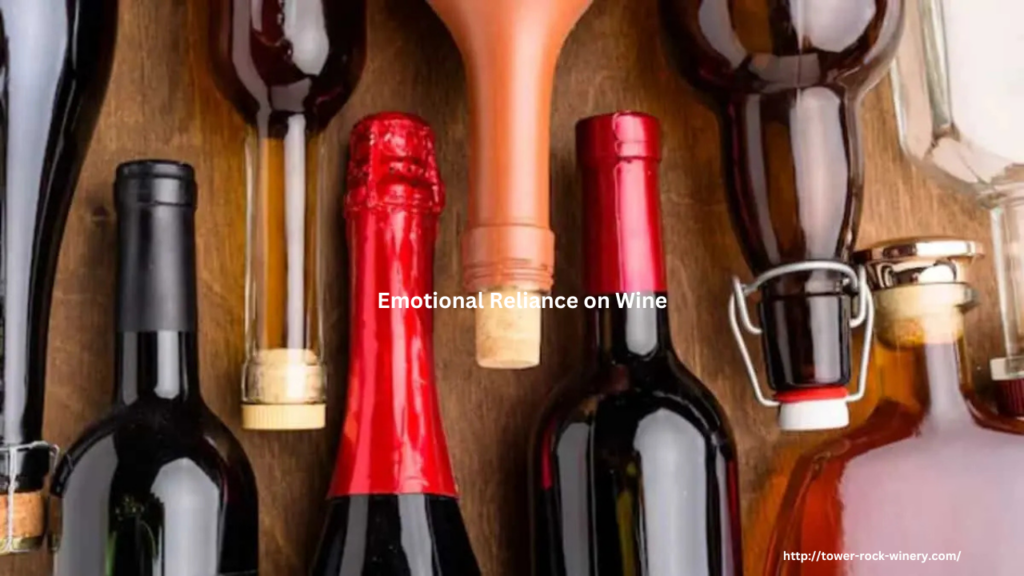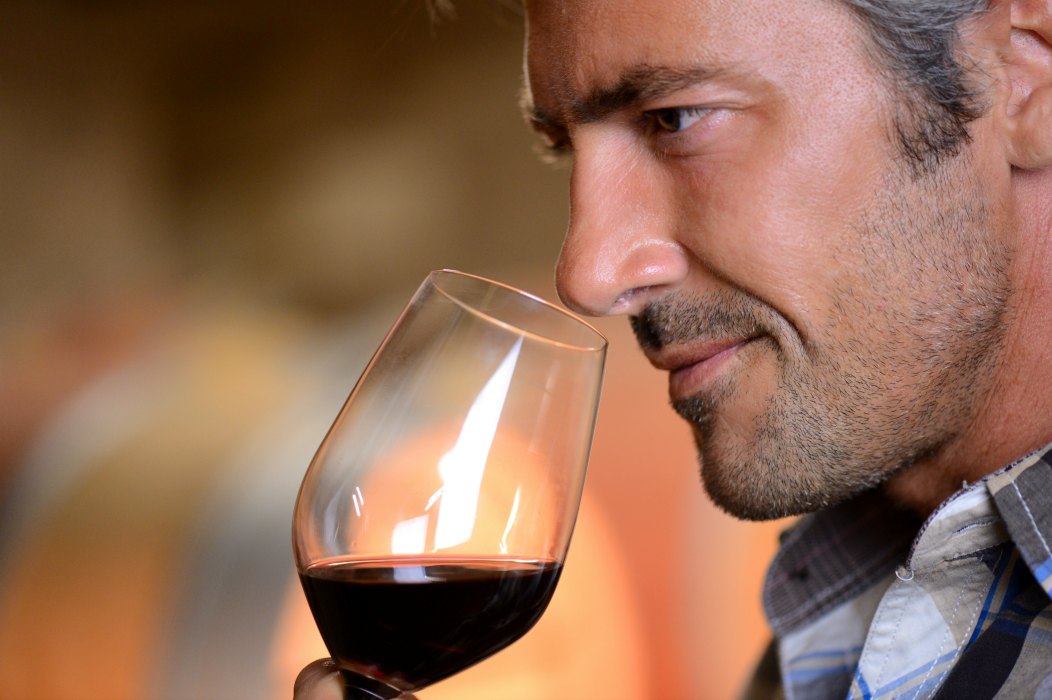
For many, wine appreciation is a refined and enjoyable hobby—a way to explore history, culture, and craftsmanship through the nuances of taste and aroma. Tasting notes, cellar collections, and vineyard tours can bring great pleasure to those who admire the artistry behind winemaking. However, for some, what begins as a passion can quietly transform into something far more insidious: an obsession that edges into compulsive behavior, potentially leading to dependence.
The Slippery Slope of Wine Enthusiasm
At its core, wine connoisseurship is about savoring and analyzing, not simply consuming. Yet, the culture surrounding wine can blur the line between genuine appreciation and excessive indulgence. The social prestige of wine knowledge often makes heavy drinking seem more acceptable among aficionados. Unlike more obvious forms of alcohol dependence, compulsive wine consumption is often rationalized as part of the experience rather than a potential problem.
Collectors may justify frequent tastings as necessary to refine their palate, while industry professionals might use the demands of expertise as a reason for regular consumption. Even casual enthusiasts can find themselves caught up in the cycle—one more tasting event, one more bottle to experience, one more excuse to drink.
When Does Passion Become a Problem?
Recognizing when appreciation turns into an unhealthy obsession can be difficult, especially when wine culture itself normalizes frequent drinking. Here are some warning signs:
- Drinking Alone for “Tasting” Purposes – While solo tastings can be normal, an increased frequency of drinking alone may indicate a deeper reliance on wine beyond appreciation.
- Increasing Consumption – If one bottle per week turns into several, or if tastings become an excuse for daily drinking, it may signal a shift toward dependence.
- Financial Strain from Wine Purchases – A genuine passion for wine can be expensive, but when financial priorities are compromised to acquire rare vintages or maintain a growing collection, it could indicate an unhealthy preoccupation.
- Emotional Reliance on Wine – If wine becomes a coping mechanism for stress, anxiety, or boredom rather than just an occasional indulgence, the behavior may be less about appreciation and more about escape.
- Denial of Problematic Drinking – Because wine culture is steeped in sophistication, excessive drinking can be excused under the guise of education or connoisseurship. If confronted about their habits, individuals may dismiss concerns by citing their deep interest in wine rather than acknowledging the amount they consume.
Finding Balance in Wine Appreciation
Enjoying wine responsibly means setting boundaries. True connoisseurship is about understanding and appreciating the craft, not relying on wine as a necessity. Implementing alcohol-free days, limiting intake at tastings, and being mindful of motivations behind drinking can help maintain a healthy relationship with wine.
For those who find themselves struggling, seeking support—whether from close friends, professional counselors, or recovery groups—can make a difference. Passion should never come at the cost of well-being.
Wine appreciation should enhance life, not consume it. By recognizing the fine line between passion and compulsion, enthusiasts can ensure that their love for wine remains a source of joy rather than an unchecked dependency.
